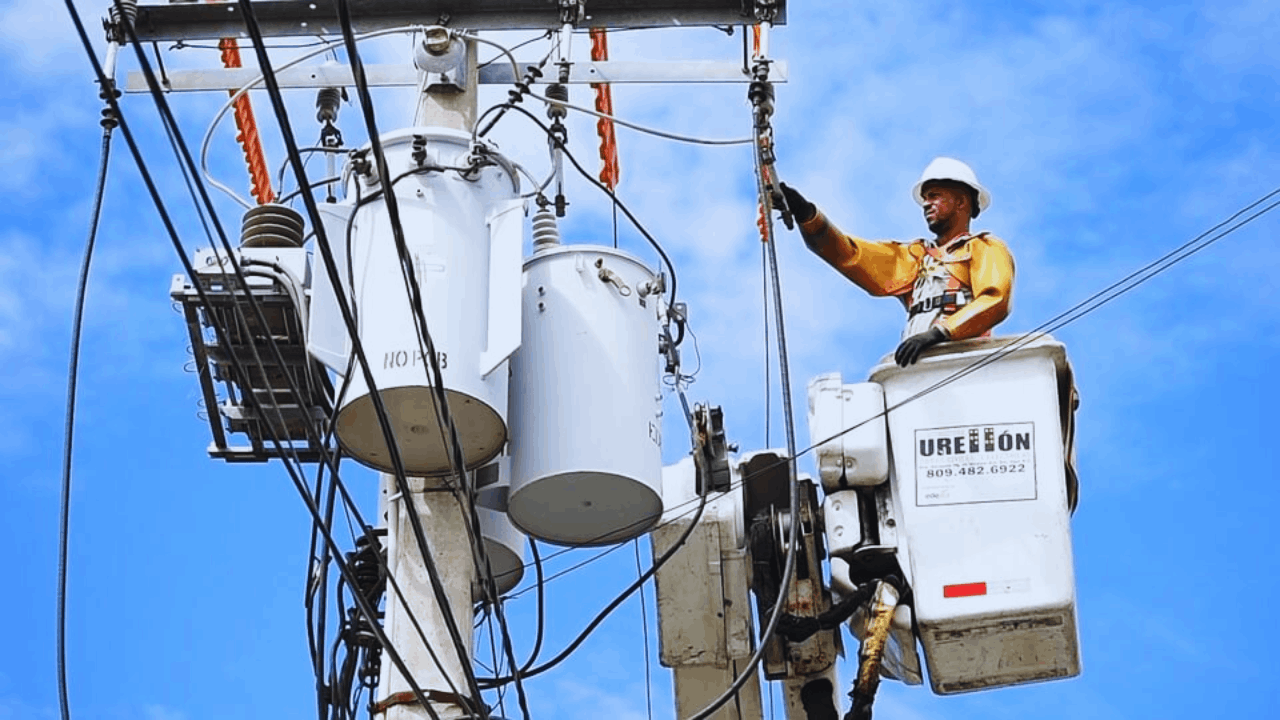You can build a reliable electrical career if you know the role, the standards, and the best hiring channels. This guide shows how to find jobs for electricians online and how to present the right skills for European employers.
You will learn what electricians do, why the work is attractive, and what to check before applying. You will also see proven platforms in Europe that list real, verifiable vacancies.
What Do Electricians Do?
You need a clear view of the day to day before you start searching. Electricians install, maintain, and repair wiring, distribution boards, lighting, and control systems in homes and businesses.

They test circuits, diagnose faults, and bring systems back to safe operating condition. They document work, update drawings, and comply with codes that govern materials and methods.
Installation and Maintenance
New builds and renovations require first fix and second fix installation with accurate routing and secure terminations. Electricians plan cable runs, select protective devices, and verify load calculations during commissioning.
Preventive maintenance reduces downtime by catching heat, wear, or insulation damage early. Corrective maintenance restores service quickly with safe isolation and stepwise testing.

Testing and Compliance
Modern jobs require regular inspection, functional testing, and certification. Electricians use meters, insulation testers, and verification procedures to confirm safety.
They record results and advise clients on remedial work that aligns with national regulations. Good documentation protects both the installer and the client during audits and insurance reviews.
Customer Service and Handover
Clear communication helps clients understand timelines, disruptions, and pricing. Electricians coordinate with site managers, other trades, and suppliers to keep projects moving.
Handover includes user guidance on panels, breakers, and safety checks. Good aftercare creates repeat business and referrals that lower future client acquisition costs.
Why You Should Work as an Electrician
A skilled trade with strong fundamentals gives you stable options across Europe. Hiring stays resilient because electrical safety and reliability are essential services.

You can work in residential, commercial, industrial, and renewable sectors. Clear career ladders allow progression into supervision, inspection, or self employment.
Stable Demand and Competitive Pay
Demand is visible across European job boards and professional networks. Listings for electricians in Germany appear daily on national platforms, with salary snapshots published for transparent comparison.
Public averages show competitive ranges by region and experience for clear benchmarks. These figures help you evaluate offers and negotiate with confidence.
Pathways for Advancement
You can specialize in plant maintenance, photovoltaics, or building automation as your skills grow. Supervisory roles reward planning, quality control, and team leadership under pressure.
Inspection and testing routes value deep code knowledge and clear reporting. Each step increases responsibility and rate potential without leaving the trade.
Mobility Across Sectors
Your skills transfer to data centers, logistics hubs, hospitals, and transport. Upgrades to energy efficiency and electrification create recurring retrofit programs.
Industrial sites need technicians for drives, interface work, and preventive routines. This diversity lets you pivot when one sector slows while another expands.
What to Consider When Looking for Jobs in Europe
A careful plan protects your time and improves your success rate. Confirm your right to work, your qualification recognition, and your language readiness.

Prepare documents that employers expect, including certifications and references. Map your targets by country so you align with local rules and hiring calendars.
Right to Work and Visas
EU citizens can live and work in any EU country without a work permit, which simplifies moves inside the bloc. Non EU nationals usually need a permit or suitable residence status before taking a job.
Requirements differ by status and country, so you should check the appropriate channel before applying. Use official government guidance to confirm eligibility, documents, and timelines.
Recognition of Qualifications
If you trained outside your target country, you may need formal recognition of your professional qualification. The EU framework describes processes that allow professionals to have credentials acknowledged across borders.
You can consult national contact points or regulated profession lists for your trade. These steps clarify documents, timescales, and whether extra assessments apply.
Language and Safety Expectations
Employers can require language proficiency that matches site safety and client communication needs. Guidance on free movement notes that language requirements may apply even when you have the right to work.
You should be able to read safety notices, method statements, and test reports without ambiguity. This preparation supports faster onboarding and fewer compliance issues on mixed teams.
Where to Find Jobs as an Electrician Online in Europe
Target platforms that publish verified listings and allow you to filter by country and contract type.

Use national boards for depth and European networks for reach across borders. Keep your profile current with certifications, recent projects, and clear availability dates. Apply early and tailor each application to the specific installation or maintenance scope.
EURES, the European Job Mobility Portal
EURES aggregates vacancies from national services across the European Economic Area. The portal lists many jobs and registered employers with tools to filter by country and occupation.
You can create a profile, upload your CV, and connect with advisers for cross border guidance. Electrician roles appear frequently with clear location, language, and eligibility notes.
LinkedIn Jobs for Regional Reach
LinkedIn’s job search lets you track openings by country and specialization while showing company history and applicant insights.
Daily listings for electricians appear across the EEA and within specific countries like Germany, which helps you spot hotspots.
You can set alerts, message recruiters, and display certifications such as inspection and testing. This visibility supports faster responses and a stronger professional network.
StepStone and National Marketplaces
StepStone operates large national boards that post electrician roles with salary benchmarks and regional filters. German listings include compensation snapshots that help you evaluate offers more objectively.
Employers can contact you directly when your profile matches a shift or project. These features simplify comparison when you are considering relocation within continental Europe.
InfoJobs for Spain
InfoJobs is a dominant board in Spain with separate pages for electricians and for wider electricity roles. You can browse by city, contract type, and seniority, then apply through a guided flow.
The platform’s scale makes it useful for both permanent and project based work. Monitoring it daily helps you catch new postings before applicant numbers spike.
Reed for the United Kingdom
Reed lists electrician roles across the UK and provides filters for location, pay, and shift pattern. You can create alerts to receive new postings in specific cities or counties.
The site also publishes counts of active jobs, which helps you gauge demand quickly. Use these signals to plan outreach to agencies and direct employers in parallel.
IrishJobs for Ireland
IrishJobs publishes electrician and qualified electrician roles with clear descriptions and application steps. You can filter by county, seniority, and contract length to match your availability.
The board updates regularly and displays counts that show market movement by category. These insights make it easier to decide when to focus on Dublin, Cork, or other hubs.
Indeed for Cross Border Searches
Indeed’s European sites aggregate postings from employers and agencies with tools to set country and language preferences. You can search for electrician roles tied to European projects and cross reference employer profiles.
Saved searches and notifications help you react to time sensitive contract work. This approach is useful when your goal is short term assignments that build European experience.
Conclusion
You now know what electricians do, why the trade offers durable careers, and how to prepare for cross border work. Use official guidance to confirm right to work and recognition, then target platforms that list verified roles across Europe.
Keep your profile current, apply early, and show evidence of safe, compliant practice in every message. Start today by setting alerts on two national boards and on a European portal so your next opportunity finds you quickly.